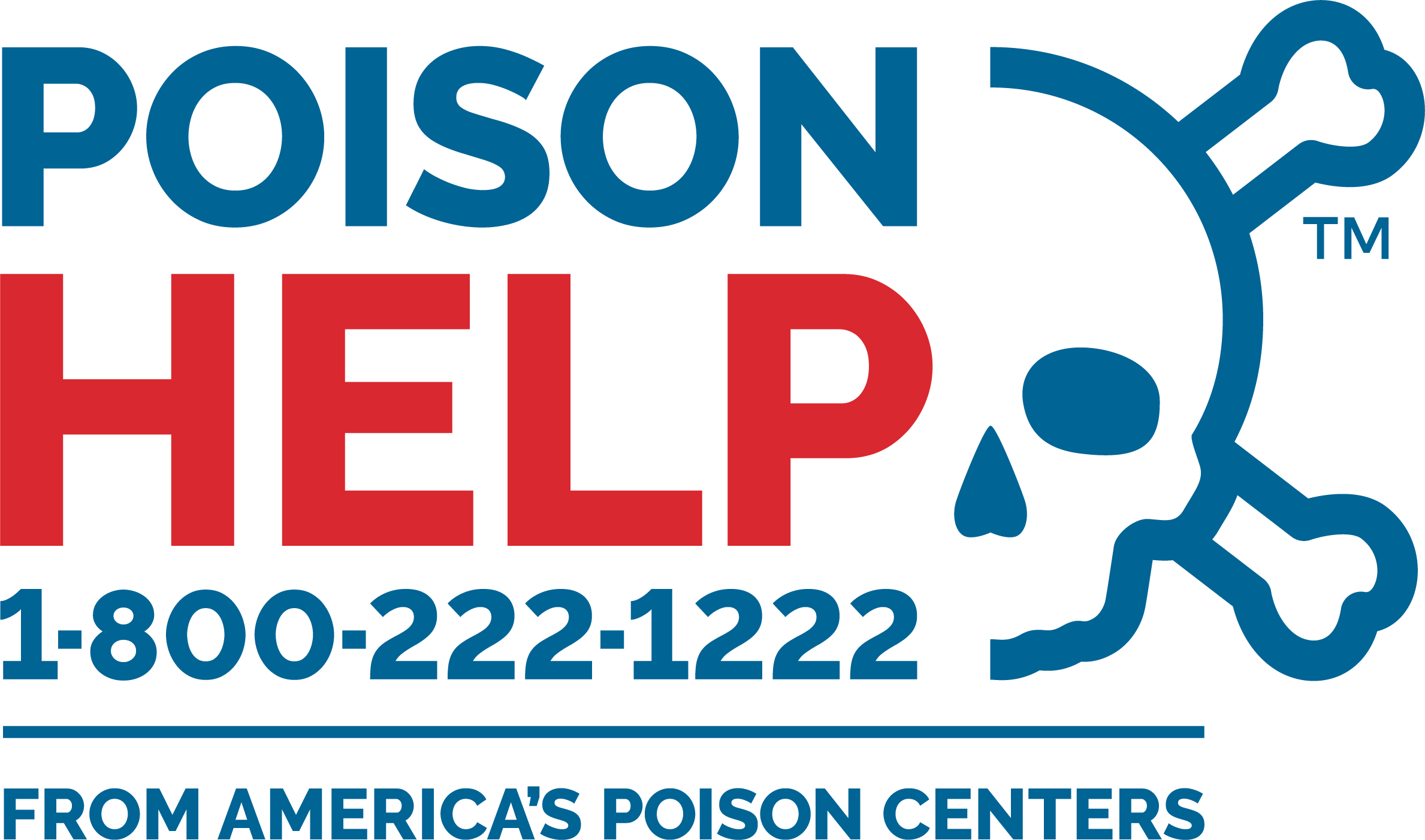Poison Defined
[su_youtube url=”https://youtu.be/MkFbLABqdxg”] [su_expand more_text=”Show More”] A poison is any substance that can hurt your body or make you sick if used in the wrong way, by the wrong person, or in the wrong amount.  The most common ways a poison can enter the body is by:
The most common ways a poison can enter the body is by:
- Ingestion (mouth) – most common route of exposure
- Ocular exposure (eye)
- Dermal exposure (skin)
- Inhalation (nose)
A potential poison can be found all around us in different forms:
- Solids (medicine – ex: pills and tablets; batteries; plants; berries)
- Liquids (perfumes; cleaning supplies; automobile products; medicine – ex: cough syrups)
- Sprays (furniture polish; bug spray; cleaning products; spray paint)
- Gases/Vapors (carbon monoxide; inhalants; fumes from cleaning products)
 Top 5 Poison Exposures:
Top 5 Poison Exposures:
- Analgesics (prescription/non-prescription pain relievers)
- Household Cleaning Substances (like bleach and dish detergent)
- Cosmetics/Personal Care Products (like perfume, shampoo, and toothpaste)
- Sedative/Hypnotics/Antipsychotics
- Antidepressants
Other common poison exposures:
- Antihistamines
- Cardiovascular Drugs
- Bites and Envenomations (like ticks, snakes, spiders, and ants)
- Foreign Bodies/Toys/Miscellaneous (like coins, batteries, and silica gel packs)
- Pesticides
- Stimulants and Street Drugs
- Dietary supplements/herbals
- Alcohols
- Anticonvulsants
- Cold and Cough Preparations
- Topical Preparations
- Vitamins
- Plants
- Antimicrobials
- Automotive products (like anti-freeze and windshield wiper fluid)
- Carbon monoxide
[/su_expand]
